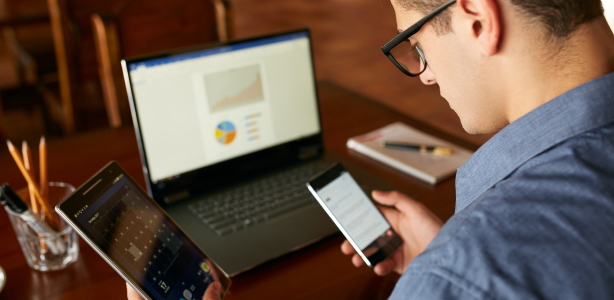In the world of mobile security there are two types of smartphone users: jailbreakers, and everyone else. Everyone else is fairly harmless. They enjoy their smartphones as they are, and, for the most part, lead fairly secure mobile lives. The same, however, cannot be said for jailbreakers—especially after one of the largest jailbreaking repositories for the iOS ecosystem was hacked.
(And, yes, the iOS ecosystem is hackable.)
Jailbreakers, for the uninitiated, are those who use special software to remove limitations imposed by Apple on devices running the iOS operating system. This allows them to gain root access to the operating system to be able to install apps obtained through means other than the official App Store. It can also allow them to use their mobile device on an alternate carrier’s network than the one on which the phone was initially issued.
There are, however, drawbacks to jailbreaking an iPhone. For one, your iPhone’s warranty is typically voided as soon as it’s jailbroken; for another, your iPhone’s software can become buggy and unreliable; finally, the chance of downloading malware—malicious programs hackers use to compromise devices—jumps precipitously after jailbreaking a phone.
That last point brings us back to the incident at hand: one of the jailbreaking community’s biggest third-party app repositories, BigBoss, has been hacked. All of the software in the repository—some of which requires payment through services like PayPal—is being given away for free on a hacker-created server.
But free may carry an asterisk with it. The hackers responsible for the breach may have “updated” their stolen goods with malware. Worse still is the possibility that the apps hosted on the original BigBoss repository could have been updated with malware as well. That should put many jailbreakers on edge.
But that’s the risk jailbreakers run when modifying their iPhones for capabilities beyond what Apple intentionally sold.
What to Do and Not to Do
So what’s a casual jailbreaker to do in this case? Well, there are a few options:
- Don’t jailbreak your phone. If you don’t want to run the risk of downloading malware, then don’t jailbreak your phone. It’s that simple.
- Don’t download anything from the BigBoss repository. Another simple step, though a bit more hands-on, is to not download anything currently hosted by the BigBoss repository. Before you download any app, tap on the name of the app and scroll down to the bottom of its information page. Once there, look for the name of the repository in the bottom left corner, and if it reads BigBoss—don’t update it.
- Protect your device with comprehensive security software. Even if you don’t participate in the jailbreaking community, your iPhone can still be at risk. Fight back by protecting your iOS devices with our free McAfee Mobile Security. Additionally, McAfee LiveSafe™ service can also be used to protect your mobile devices, tablets, PCs and Macs from malware and other viruses.













